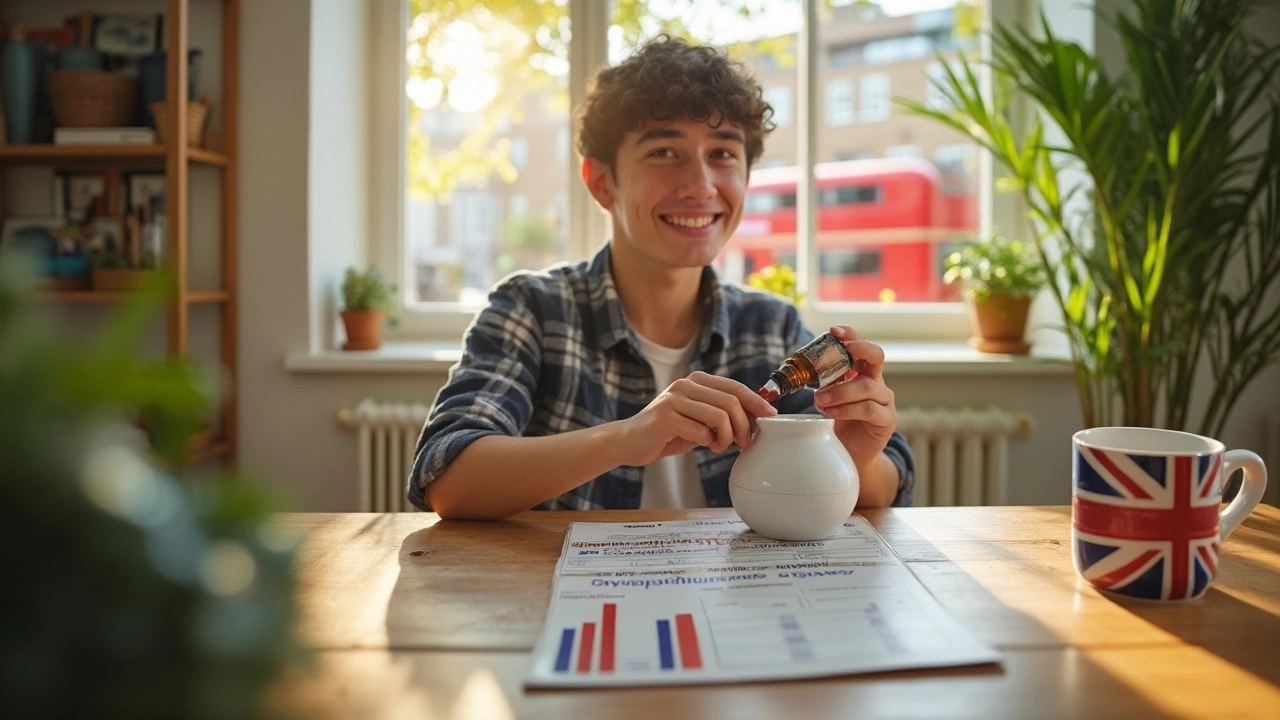GABA supplements: what they do and how to use them safely
GABA supplements are sold as over-the-counter products that promise relaxation, better sleep, and less anxiety. People take them before bed, before flights, or during stressful days. But how well they work is complicated, so you should know the facts.
How GABA supplements work
GABA is a natural chemical in the brain that slows nerve signals and helps you feel calm. Supplements usually contain synthetic GABA or ingredients meant to boost GABA activity. The big question is whether oral GABA reaches the brain. Lab studies and small human trials show mixed results: some people report less anxiety and lower heart rate, while other studies find little change in brain GABA levels. Still, many users notice short-term calming effects, especially at doses between 250 and 1,000 mg.
Safe use, dosing, and interactions
Start with a low dose and see how you feel. Common dosing ranges are 100 mg to 1,000 mg, taken once daily or split through the day. If you want better sleep, try a smaller dose an hour before bed. Side effects tend to be mild. Expect possible drowsiness, stomach upset, or headache. Avoid driving or using heavy machinery until you know how it affects you. GABA can interact with prescription sedatives, alcohol, and some sleep medicines. If you take blood pressure drugs, antidepressants, or anti-anxiety medications, talk with your doctor before adding GABA. Pregnant and breastfeeding people and children should avoid GABA unless a clinician advises otherwise.
Choosing a product matters. Look for third-party testing, clear ingredient lists, and honest labeling. Steer clear of blends that hide amounts of active ingredients. If a label promises dramatic mood fixes, be skeptical.
Natural ways to support GABA are safer for many people. Exercise, especially brisk walking or yoga, helps brain chemistry. Eating foods rich in magnesium and zinc, like spinach, pumpkin seeds, and nuts, supports GABA function. Fermented foods, green tea, and adequate sunlight also help. Mindful breathing, progressive muscle relaxation, and cognitive therapy provide lasting benefits for anxiety and sleep without drugs.
When to see a doctor: if anxiety or insomnia cuts into work, relationships, or daily functioning, seek medical care. Supplements can help short-term, but they are not a complete treatment for serious conditions.
Bottom line: GABA supplements may ease stress for some people. Evidence is mixed, so pick tested products, start low, watch for side effects, and check with your clinician if you take other meds or have ongoing symptoms.
Quick tips for buying and trying GABA: buy one product at a time to test effects. Keep a simple diary of dose, time, and how you feel. Avoid mixing with alcohol. If you notice worsening mood, increased tiredness, or new symptoms, stop use and call your provider. Share supplement lists with your doctor so they can advise on interactions. Real improvements often take days to weeks, not minutes, so be realistic about results.
If you want stronger evidence-based help, cognitive behavioral therapy, strict sleep hygiene, and prescription treatments have proven records; use supplements only as a short-term trial while tracking progress and safety with your clinician regularly.
Natural and OTC Alternatives to Beta-Blockers: What Works for Anxiety and Heart Health?
Looking for natural or over-the-counter options that offer effects similar to beta-blockers? This article digs into popular alternatives like lavender oil and GABA supplements, breaking down which ones actually work and how they stack up against traditional medications. Explore real-world facts, useful stats, and practical tips about using these alternatives for anxiety, heart health, and everyday stress. Whether you need help for a big presentation or just to calm your nerves, this in-depth guide brings you the details you need. Perfect for anyone considering propranolol substitutes and wanting an honest look at natural and OTC choices.

